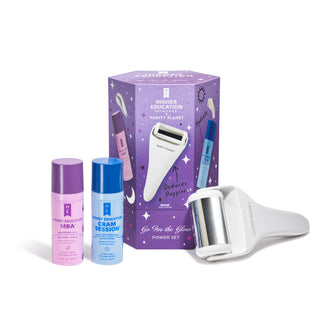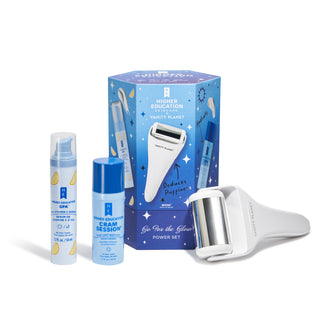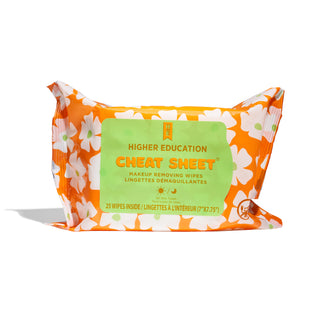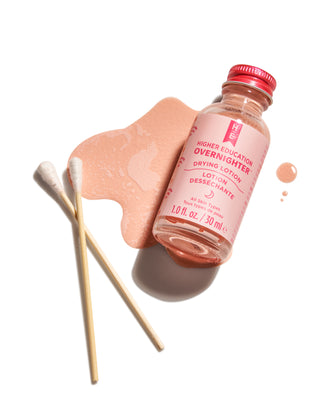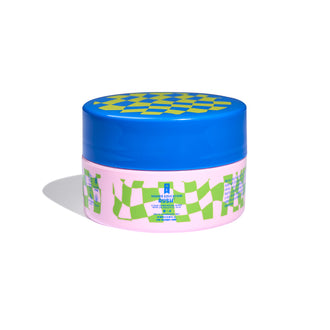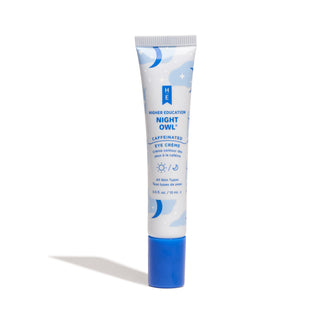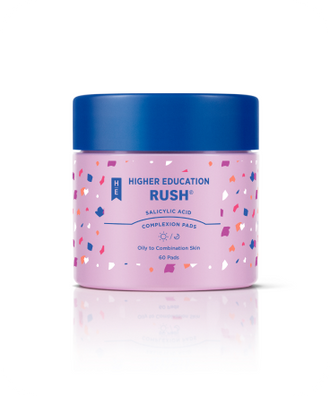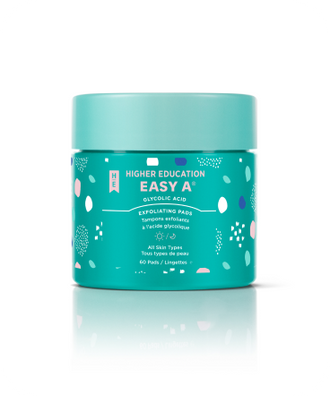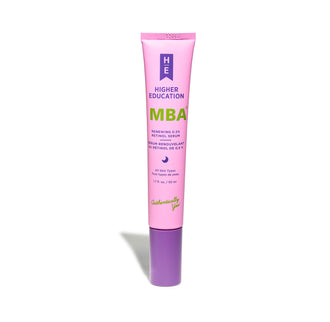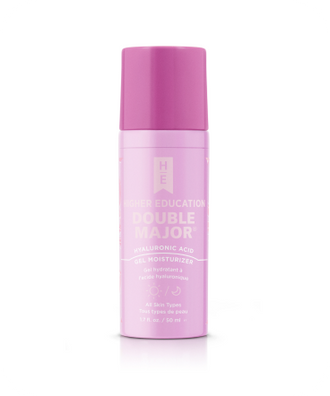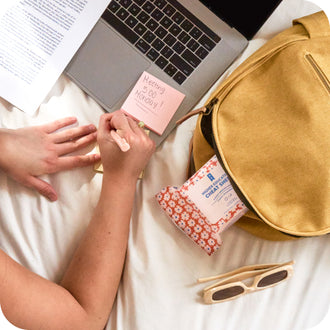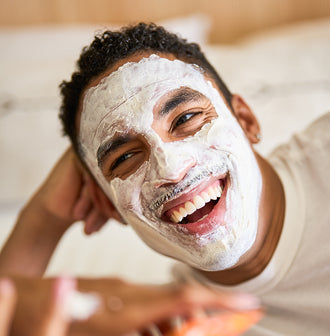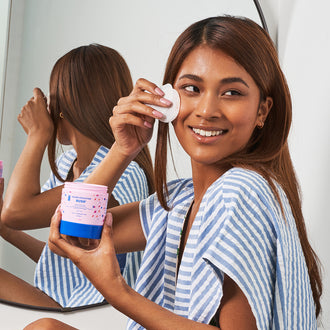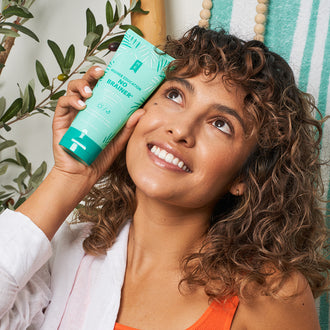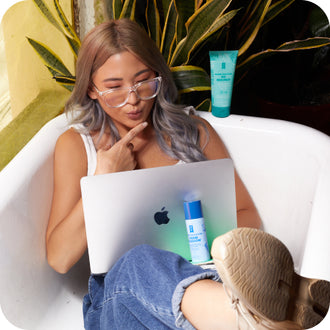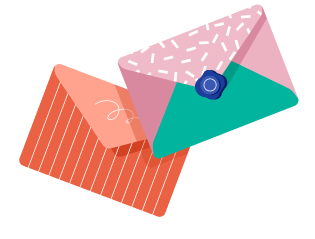
When faced with a new year, we tend to fall into the habit of setting unrealistic, unachievable goals in an effort to compensate for our lack of accomplishments from the previous year.
This year, I plan to break this negative habit and set realistic, self-care focused goals that can easily integrate into my everyday life, even when life gets hectic (as we all know it can and likely will).
The importance of self-care and mental wellness has become a societal focus over the past few years, which is a great accomplishment and very necessary. Unfortunately, implementing self-care practices into your daily routine can be hard work. Managing the stress of daily life is extremely important for your mental and physical health and worth the effort in 2020 because: self-care = self-love.
We often use excuses like “I’m too busy” or “I’m too overwhelmed from work/school/[insert activity here]” to excuse our neglect for exercise, hobbies, and other ‘self-care’ activities we know to be good for the soul. This year, I believe you can put yourself as a priority and make 2020 your best year yet.
Now that you’re back from winter break and ready to put new, healthier habits into overdrive, I want to share with you a few habits I have found to be MAJOR mood boosters and relatively simple to implement into my everyday life.
Here are my top 7 self-care rituals for 2020:
1. Calm The Mind
Meditation can be a very useful habit for overall sanity and the perfect foundation for a thriving 2020.
The great thing about meditation is that it comes in all shapes and sizes and can look vastly different from individual to individual. You can achieve a calm mind through exercise (like yoga, pilates, barre, cycle or a good weight-lifting session), guided meditation (through popular meditation apps like Headspace & Calm), a brisk walk across campus, or any other tactic that calms your mind and reduces the feeling of overexertion.
2. Exercise
Try to move every day. No excuses.
Participating in any variety of movement or exercise every day can reduce your stress.
Go on a run, a light jog or just a walk. Taking a short walk outside every day has been proven to increase happiness, well-being, and release stress. Even while you’re on the job, taking sporadic breaks to walk around the building can make a big difference to your overall health. Try walking to get your lunch, taking a break to stretch your back and chest, or take a short walk around the building. These small additions to your lifestyle will give you the extra energy boost you need.
3. Avoid emotional eating
We are all guilty of emotional eating at some point. I understand all too well how appetizing a greasy meal or a large burger and fries can sound after a long, stressful day.
It is healthy to treat yourself, and I strongly believe that you can enjoy anything in moderation. I’ve found it best to try eating a healthy, hearty dinner first, taking a survey of how my body feels, and then indulging in a small dessert if I have a sweet tooth or find myself still hungry.
Changing your eating habits is an ongoing process, not an easy fix, so try to set small, realistic goals every day and sooner-or-later you will fall into a healthier lifestyle.
4. The Power of Saying “No”
If you’re already stressed or overworked, just the thought of saying “yes” to plans with the family or friends can cause anxiety and irritability. Did you know that you can say “no” and your loved ones will still love you?
It takes a little bit of practice, but learning how to politely say “no” is liberating and can help you to feel empowered to practice self-care more often in your daily life.
Saying “no” can allow more time in your day to practice self-love and indulge in hobbies and extracurricular activities that bring you joy.
5. Skincare = Self-Care
Establishing a daily skincare routine can be a great way to achieve skin health and practice self-care.
All it takes is 3 simple steps. Here is all you need to know:
- Cleanse: Properly cleansing the skin is a crucial step to achieve skin health. For my oily and acne-prone skin, I use Higher Education PRE-REQ® Purifying Facial Cleanser, which clears my breakouts and reduces excess oil with Tea Tree Oil and Glycolic Acid.
- Exfoliate: There are two types of exfoliation: physical exfoliation and chemical exfoliation (our blog Exfoliation 101: Physical vs. Chemical elaborates on these different types of exfoliation and why they are equally important). I prefer to exfoliate with RUSH® Salicylic Complexion Pads since they are easy to use and work best in my skincare routine to keep breakouts at bay.
- Hydrate: This might be the most satisfying step in my skincare routine. As a college student, I spend copious amounts of time on my laptop, which radiates damaging blue light that can affect the skin. Luckily, I found CRAM SESSION® Blue Light Blocking Moisturizer, a holy grail moisturizer that helps to keep my skin hydrated and protects against blue light with fractionated melanin.
I’ve noticed that diet has a direct effect on my skin, and keeping a keen eye on my diet and monitoring the foods that tend to cause pimples or clogged pores has been a saving grace in my skincare journey through college.
6. Positive thinking techniques
Positive thinking is something most of us struggle with every day; it can be challenging to think positively when your mind is stuck in a negative space.
Writing down positive affirmations daily in my planner or on my mirror allows me to move quickly into an appreciative frame of mind. You can also decorate your office, dorm room, or anywhere really, with positive notes to yourself and notes from others to keep the positive feelings going all day long.
When a big test or work event is quickly approaching, try focusing on positive thoughts and affirmations; this can improve your performance and reduce the effects of stress.
As with everything in the self-care department, this does not happen overnight; it is a lifelong process in your journey to improving your relationship with yourself.
7. Limit Social Media Use
Finally, remember to take breaks from social media.
Social media can unknowingly consume hours of our day, causing us to live in an alternative digital reality and not in the living, breathing present. NBC recently conducted a study on the mental health effects from social media, stating: “… it's not just screen time, but it’s also what screen time has replaced. That matters because spending time with people face to face is a big protective factor against depression.”
You can reduce your passive social media time by setting personal limits for your social media use like “try not to use social media before bed” or “try not to open your social media apps before you get dressed for the day.” Setting realistic, personal limits can improve your mental health and help you to accomplish your 2020 goals.
I know you may not be able to put these habits into practice every single day because, well, life gets in the way. But, I know through personal experience that if you put more effort into your self-care routine, you will notice an improvement in the way you feel and the way your mind and your body function.
Happy year of self-care!


